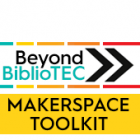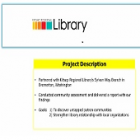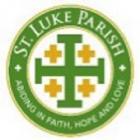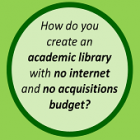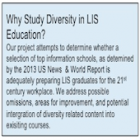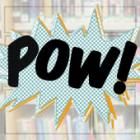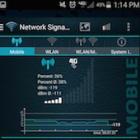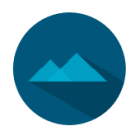
Adapt
What do you want to accomplish today? This week? This month? We all have goals, but finding the best method or technique to achieve those goals can be a challenge. Our world is littered with conflicting information about self-improvement; sifting through it is time-consuming and confusing. We want to help people achieve their goals. That is why we built an application to crowd-source this process for our users. Adapt is a social platform for individuals looking to share and test ideas for self-improvement. Once a user has tested a hypothesis, they can report back to the community and share their findings. This data will then be aggregated and analyzed to help users find the most effective and efficient means of increasing performance and accomplishing personal goals.


